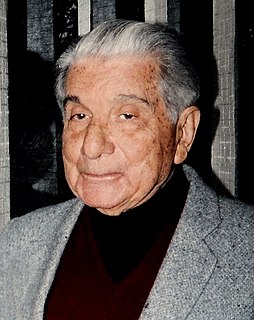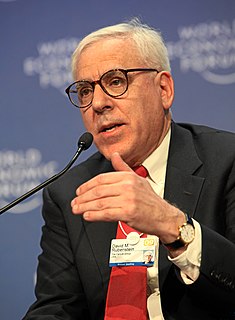Цитата Африканского духа
Хорошо понимаемая справедливость, а также интересы общества требуют, чтобы мы больше работали над предотвращением преступлений и правонарушений, чем над наказанием за них.
Связанные цитаты
Для меня ясно, когда вы хорошо занимаетесь прямыми инвестициями, вы делаете компании более эффективными и помогаете им расти и становиться более прибыльными. Этот успех означает, что наши инвесторы, такие как государственные пенсионные фонды, получают выгоду, которая способствует экономическому богатству общества.
Слишком часто упускается из виду воспитательная ценность хорошего выполнения того, что делается, пусть даже немного. Одно хорошо сделанное дело подготавливает ум к лучшему выполнению следующего дела. Девизом должно быть не сколько, а насколько хорошо. Одна хорошо понятая проблема имеет большую ценность, чем плохо освоенная партитура.
Если наши дети становятся жестокими подростками, имеют проблемы с психическим здоровьем и совершают отвратительные преступления, это означает только то, что мы подвели их как общество. Нам не удалось создать для них безопасную, благоприятную среду, чтобы они стали уравновешенными и полезными людьми в обществе.
У нас разные ожидания от разных групп людей. Мы склонны модулировать степень прощения или наказания в зависимости от того, насколько хорошо мы знаем людей, или насколько мы считаем их равными, или сколько социального капитала мы вложили в них. Это связано с расой, классом, полом и социально-экономическим статусом. У нас есть склонность из кожи вон лезть, чтобы простить людей, которых мы считаем частью «нас». Вопрос о том, кого мы определяем как «нас», во многом зависит от того, как мы наказываем тех, кого наказываем.







































